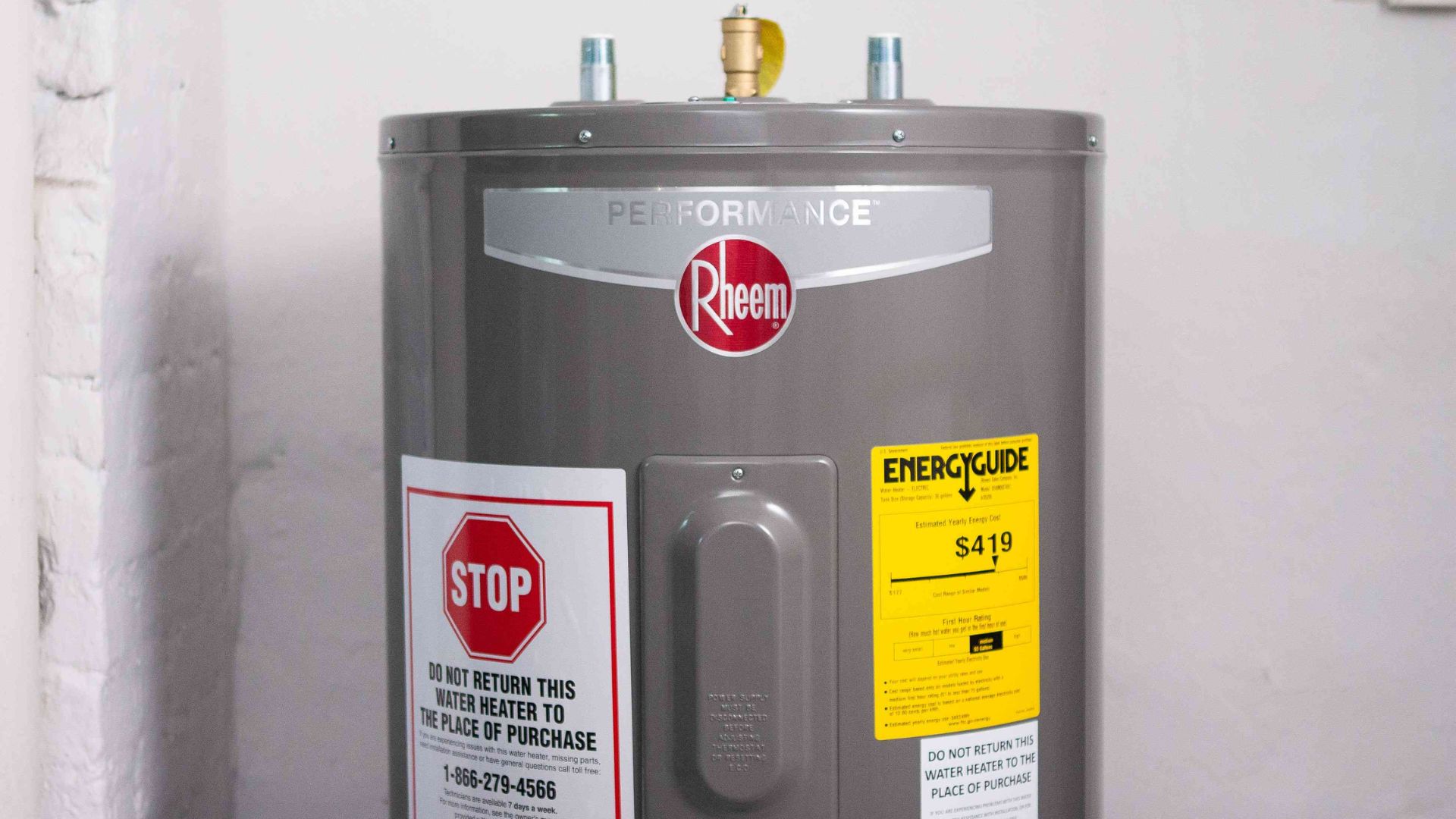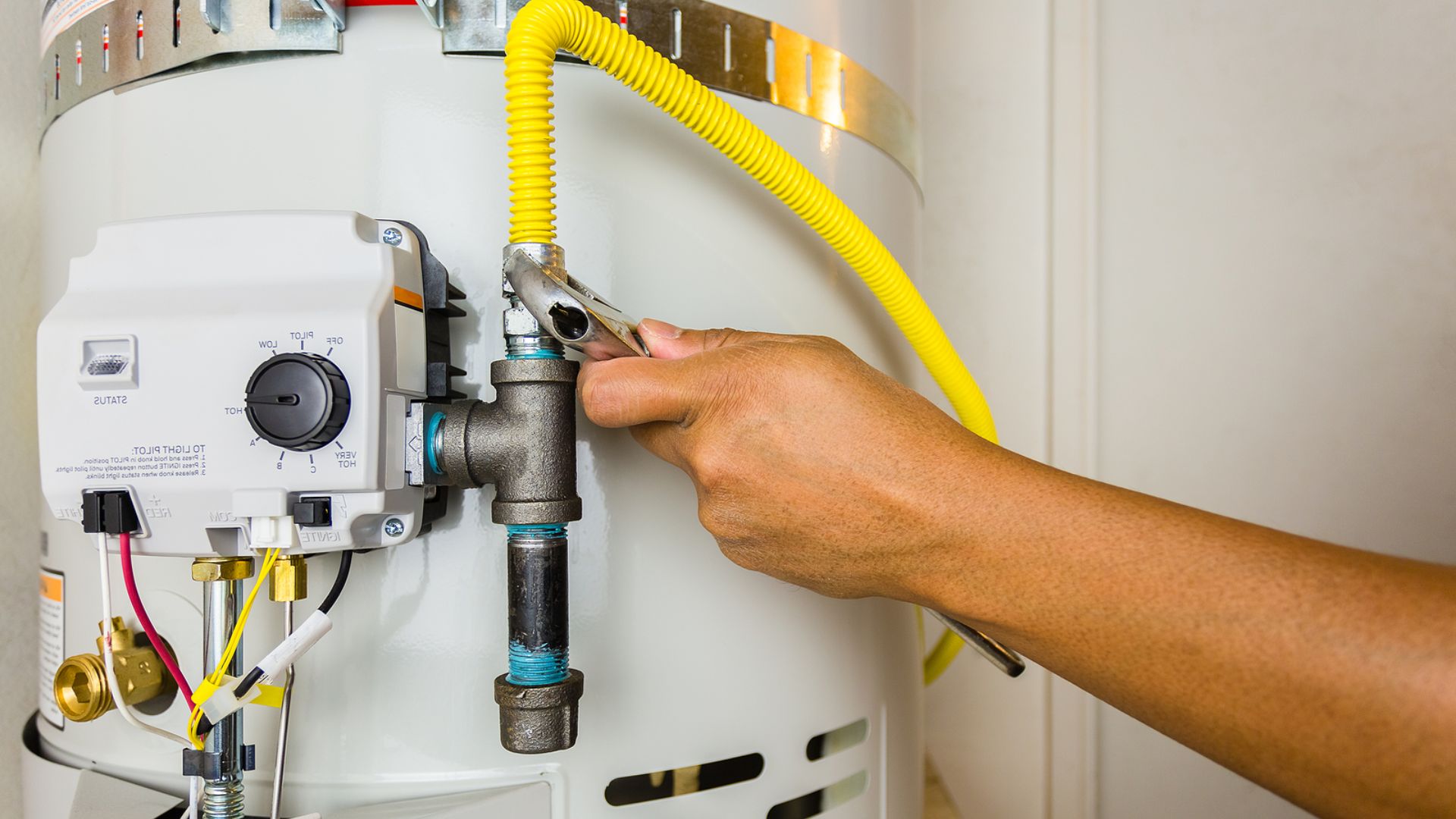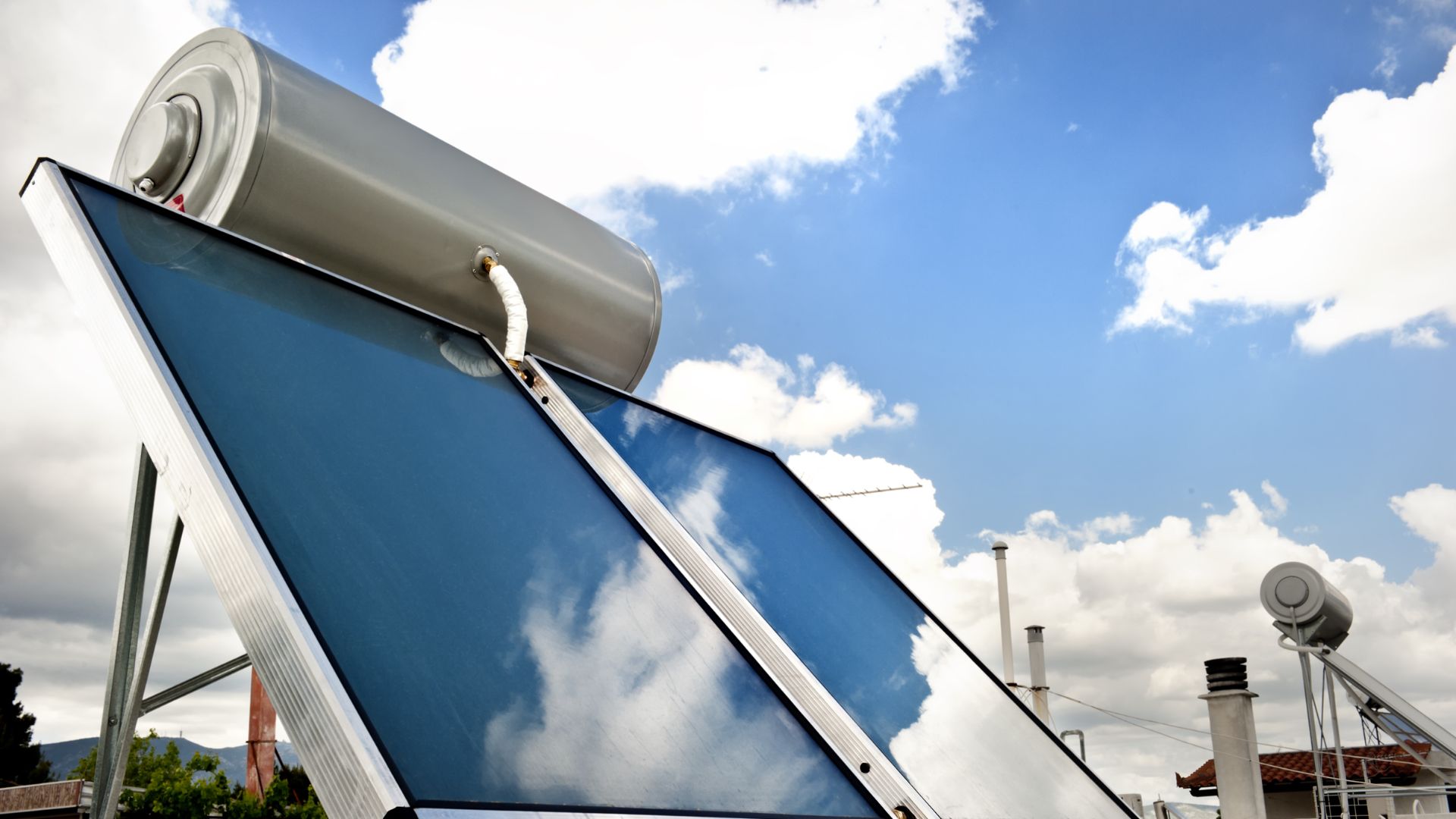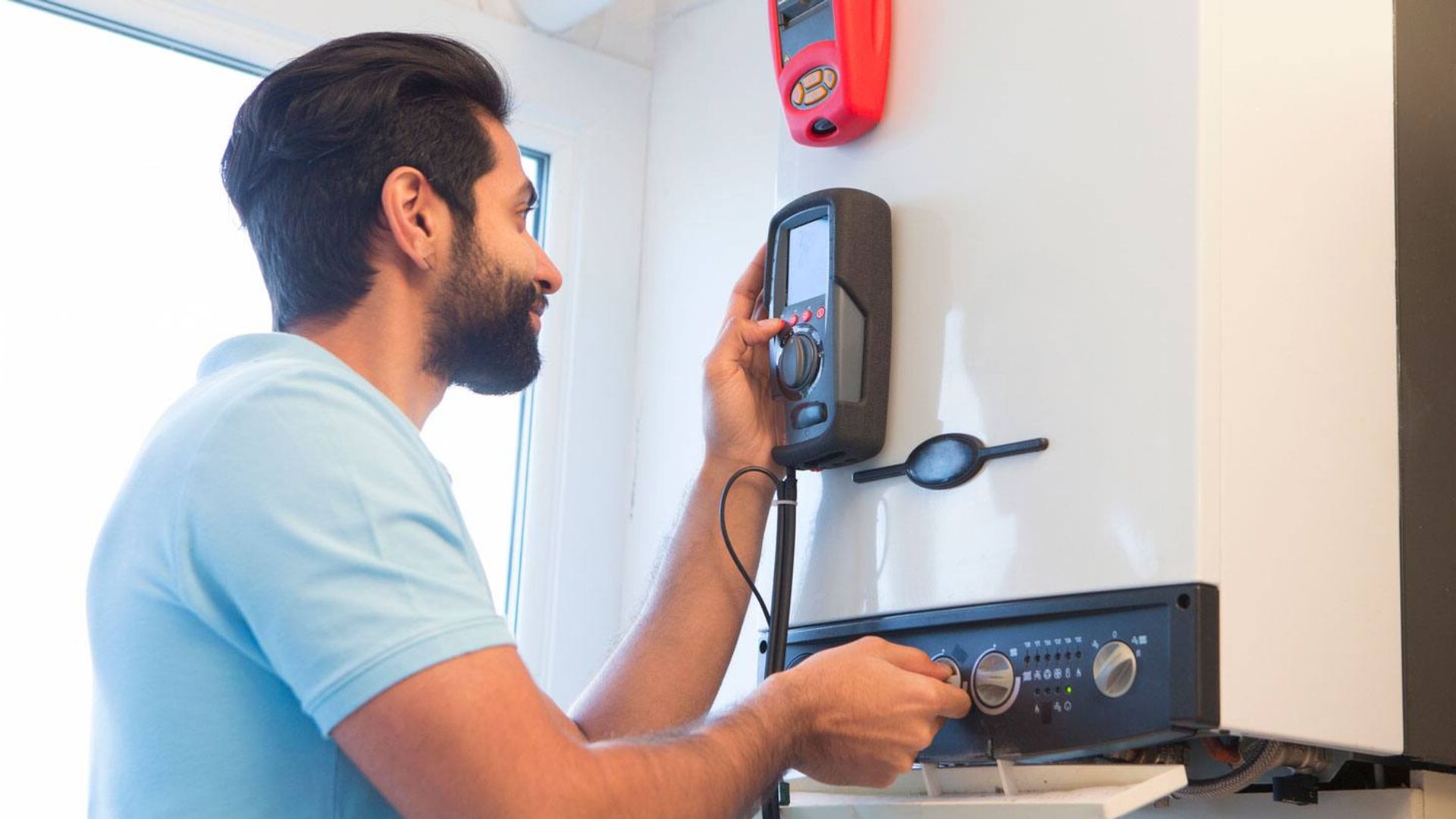7:00AM to 5:00PM
Finding the perfect hot water system for your home is essential for comfort, convenience, and energy efficiency. With a wide range of options available, it can be overwhelming to make the right choice. That’s why we’re here to guide you through the process and help you select the best hot water system for your home on the Gold Coast.
Today, we will explore the different types of hot water systems, from solar to gas and electric. We will also discuss critical factors, such as space availability and energy efficiency, and provide expert advice from our Gold Coast plumbers.
So, get ready to make an informed decision and enjoy a reliable supply of hot water tailored to your specific needs!
When choosing a hot water system for your home on the Gold Coast, you have several options. Each system type has unique features, benefits, and drawbacks. This section will explore the different kinds of hot water systems available and provide insights into their suitability for Gold Coast homes.

An electrical hot water system offers an affordable initial cost and straightforward installation process, typically taking no more than two or three hours when replacing a similar system. However, it’s important to note that these systems are often the most expensive to operate, especially if they are on the continuous (full-day) rate.
For those looking at an electric storage tank system, running costs can be reduced by opting for off-peak electricity rates. However, having a larger tank is essential to ensure the water heated overnight can last throughout the day. It’s important to note that off-peak electricity may not be available to all homes.
Regarding tank size, a four-person household generally requires a 125–160L tank for continuous rate systems or a larger 250–315L tank for off-peak usage. One advantage of electric systems is that they can be installed indoors or outdoors, providing homeowners with flexibility.
Alternatively, electric instantaneous water heaters are available, although they typically provide hot water for only one outlet, such as a single tap or shower.
Knowing that your electric hot water system can significantly impact your electricity bills is crucial. Therefore, it’s advisable to regularly review your electricity plan to ensure it aligns with your specific needs and usage patterns.
If you have access to a natural gas connection, it can be a favourable choice for your gas hot water system. Natural gas is often more cost-effective than electricity (unless you have solar panels. Gas hot water systems can heat water on demand since gas rates remain constant throughout the day.
The installation process for a natural gas system typically takes no more than two or three hours, especially if it’s a direct replacement for a similar system. A tank size of approximately 135–170L is generally recommended for a household of four people. Another option is an instantaneous system, which provides hot water on demand. More information on storage tanks versus continuous flow systems can be found below.
Natural gas hot water systems are typically installed outdoors due to venting requirements. However, with a flue, they can also be installed indoors if desired. It’s worth noting that these systems have an energy efficiency star rating, which indicates their energy-saving capabilities.
Some gas hot water systems feature a pilot light, continuously consuming a small amount of gas. On the other hand, systems with electric ignition are more economical. However, if you rely solely on electric ignition, knowing that you may lose your hot water supply during a power outage is essential.
For those considering liquid petroleum gas (LPG) bottles as an alternative to natural gas, it’s essential to be aware that running costs are significantly higher.
It’s crucial to consider that gas is a fossil fuel, and as efforts to reduce carbon emissions continue, gas may become a less attractive option in the future. While it may be currently cheaper than grid electricity, it still doesn’t match the affordability of solar-generated electricity if you have solar panels installed. The future of gas prices remains uncertain, but it’s anticipated that gas will become more expensive over time.
A solar hot water system comprises solar collector panels and a storage tank. ApproximatelFor a household of four people, approximately meters of solar collector area (equivalent to two panels) and a 300–360L tank are typically recommended for a house tank size is necessary to accommodate days with limited sunlight or increased hot water usage.
If the ideal location for installing the panels is unavailable, their efficiency may be compromised, necessitating a larger collector area to compensate.
The storage tank is usually equipped with an electric or gas booster element to ensure a consistent hot water supply even during periods of reduced sunlight.
Installation of a solar hot water system can be relatively expensive and time-consuming. The installer will assess your home and devise an installation plan, but the installation process can typically be completed within a day. However, the initial investment is often worthwhile as a well-chosen system with low running costs will ultimately pay for itself over time.
Additionally, government rebates and other incentives are available to help offset the purchase cost, making solar hot water systems even more financially advantageous.
Heat pumps offer a compelling advantage, especially when paired with solar panels in your home. You power the hot water system cost-effectively using your self-generated “free” electricity.
Heat pump units are commonly available as integrated systems, where the tank and compressor are combined, or as split systems with separate tanks and compressors.
These systems require installation in a well-ventilated area, typically outdoors. The installation process is usually quick, taking no more than two or three hours when replacing a similar heat pump or electric storage hot water system.
Remember that the compressor on the unit can generate noise, similar to the outdoor unit of an air conditioner. So, ensuring a sit is essential to ensure distance from neighbouring homes during installation important pumps perform optimally in warm and temperate regions; there are models specifically designed to operate efficiently in colder climates. Most heat pump systems also include a booster element to provide hot water during cold weather or high usage.
A tank with a capacity of 270–315L is typically recommended to effectively meet hot water demands in a four-person household.
Choosing the right size and capacity for your hot water system is crucial to ensure a consistent hot water supply for your household’s needs. Factors such as the number of household members, usage patterns, and available space should be considered when determining your hot water system’s appropriate size and capacity.

How many people use the hot water in your home? A larger household with more occupants will require a new hot water system with a higher capacity to meet the increased demand. On the other hand, a smaller home may be adequately served by a system with a lower capacity.
Understanding your household’s hot water usage patterns is essential in selecting the right size and capacity. Consider how many showers, baths, or appliances that require hot water are used simultaneously. If multiple people in your home tend to use hot water at the same time, a system with a higher capacity will ensure an uninterrupted supply of hot water.
Measure the available space in your home for installing the hot water system. Different types of systems have varying sizes and may require different installation configurations. Consider whether you have enough space for a larger storage tank or if a compact system would suit your needs.

Energy efficiency is essential as it impacts the environment and your energy bills. Look for hot water systems with high energy efficiency ratings. These ratings indicate how effectively the system converts energy consumption into hot water. Opting for an energy-efficient system can help you reduce your carbon footprint and save money on your energy bills over the long term.
Evaluate the upfront costs, ongoing maintenance expenses, and potential long-term savings associated with different hot water systems. Write down your budget and determine what you are willing to invest in a hot water system. While some systems may have higher initial costs, they may offer greater energy savings in the long run.
Assess the available space in your home for installing the hot water system. Different types of systems have varying space requirements. Determine whether you have adequate space for a storage tank or if a tankless system would be more suitable for your home. Additionally, look at different systems’ installation requirements and plumbing considerations.
When choosing efficiency is a crucial factor when using a water system for your home. Energy efficiency and energy-efficient systems help reduce your environmental impact. Still, it also plays a significant role in lowering your energy bills. In this section, we will compare the energy efficiency of different hot water systems to help you make an informed decision.

Electric hot water systems are known for their high energy efficiency. They convert almost all their electricity into hot water, making them a cost-effective choice. However, it’s essential to consider the source of electricity in your area, as it can impact the overall carbon footprint of electric systems.
Gas hot water systems are another popular option due to their energy efficiency. They use natural gas or propane to heat the water, which is relatively efficient. Gas systems also tend to have lower greenhouse gas emissions than electric ones. However, it would be best to look at the availability and cost of gas in your area.
Solar hot water systems are among the most environmentally friendly options available. They harness energy from the sun to heat the water, significantly reducing dependence on traditional energy sources. Solar systems have excellent long-term cost savings and are ideal for sunny regions like the Gold Coast. However, their performance can be affected by weather conditions and the availability of sunlight.
Heat pump hot water systems are highly energy-efficient, utilising heat from the air or ground to warm the water. They are often considered the most efficient electric hot water systems available. Heat pump systems can provide significant energy savings, but their performance may vary based on ambient temperatures and installation conditions.
When comparing the energy efficiency of these systems, look at their environmental impact, long-term cost savings, and suitability for your specific circumstances.
We have explored different types of hot water systems, discussed the importance of determining the right size and capacity, highlighted vital factors to consider during the selection process, compared energy efficiency ratings, and provided insights into installation and maintenance considerations. With this knowledge, you can make informed decisions that meet your needs and preferences.
At Gold Coast Plumbing Company, we understand the importance of having a reliable and efficient hot water system in your home. With the expertise and experience of our Gold Coast plumbers in the plumbing industry and the Gold Coast area, we are committed to assisting you in finding professional plumbing services for your hot water needs.
Whether you’re considering an electric, gas, solar, or heat pump system for your residential and commercial properties, our team of local plumbers is ready to provide you with personalised advice and assistance.
To start selecting the best hot water system for your home on the Gold Coast, we encourage you to contact Gold Coast Plumbing Company. Our knowledgeable team can answer any questions and guide you through the process. We provide expert advice and assistance if you prefer to contact us via email or phone. We are your local Surfers Paradise plumbers here to give you reliable plumbing services for all your hot water needs!